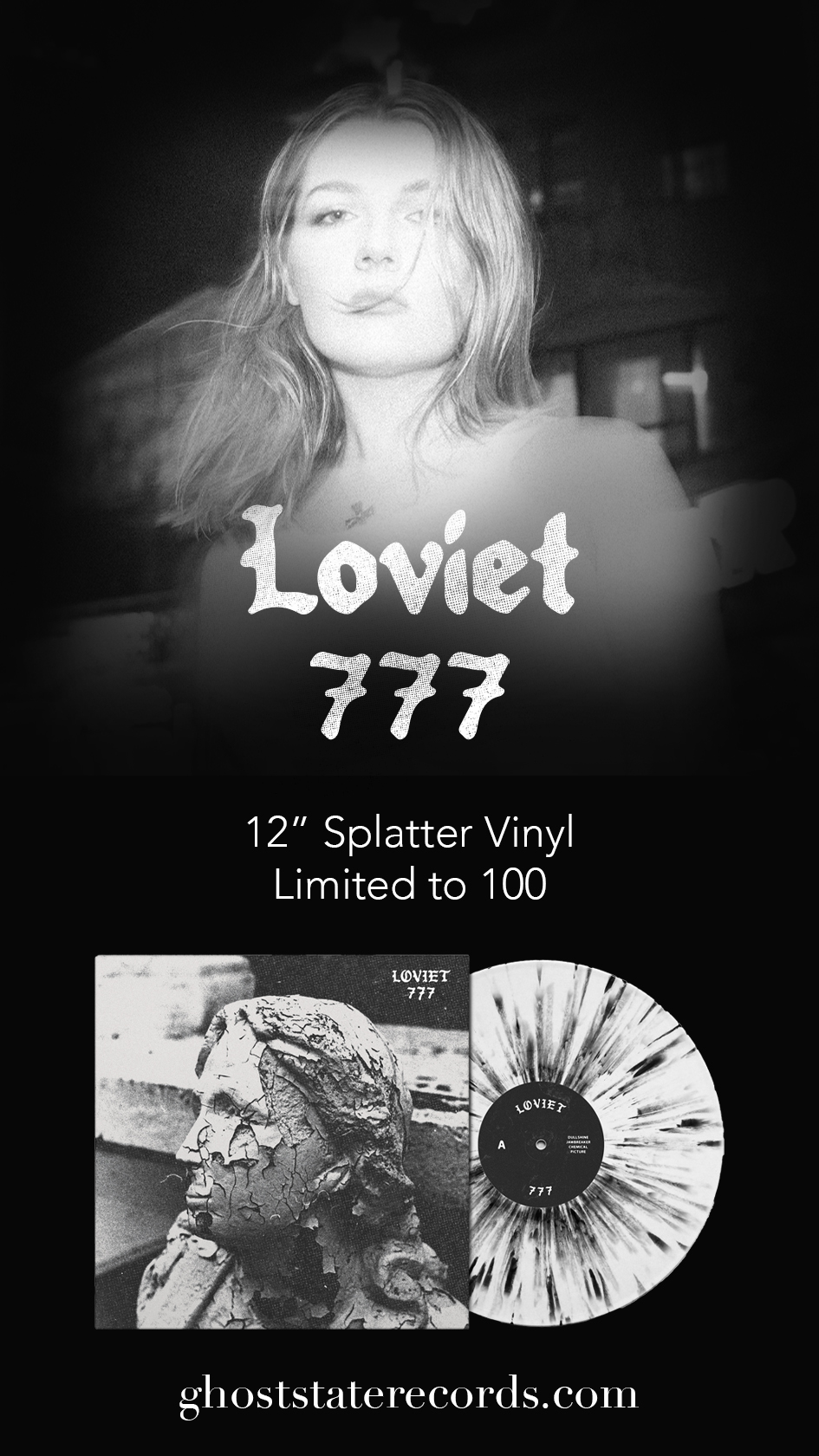
October 2024
“It was a quagmire really,” describes Ian Hill, bass player for one of the forefathers of heavy metal music Judas Priest, elaborating on the 1990 court case of national renown that would become part of an era known as the Satanic Panic. The case played out in a Sparks, Nevada court room, with Judas Priest being accused of having hidden messages on their records encouraging Satanism and self harm. “In a nutshell, people saying there’s a subliminal message on that song, and we said, ‘ah, I can’t hear anything’. ‘That’s because it’s subliminal!’ And then it was up to us then to prove that something you couldn’t hear wasn’t there.” Here Hill lets out a boisterous laugh. “I mean that’s just a conundrum, isn’t it?”
Hill and members of Judas Priest spent some time in the Reno area during the case, ultimately taking the judge into a recording studio where the band’s Stained Glass album could be played backwards and everyone could note what it was that they heard. When no one heard any questionable messages, the band was eventually found not guilty on any charges.
Now, nearly 35 years after the Satanic Panic, Reno will once again be on the band’s map as a stop on their Invincible Shield Tour, in support of their new Invincible Shield album.
The tour will mark the 50th year as a band for Judas Priest. In talking about the milestone, Hill brings up the group’s early recordings, including 1974’s Rock Rolla album.
“Y’know, we had no money back when we recorded this record. The band had severe budget restrictions. We threw the whole thing together in about three weeks, for about the equivalent of $3,000.00 US dollars. We booked the studio overnight and recorded the entire thing after hours because we were able to get more studio time for our money that way. We worked from dusk to dawn, very very quickly and very very cheaply.”
Rock Rolla was released by Gull Records, a small record label whose limited budget remains noticeable on the recording.
“We were never happy with the production. It never really did the songs any justice,” Hill says about the record. The band recently remedied this after Reach Music purchased the rights to the songs, and longtime Judas Priest producer Tom Allom was able to work off of the album’s original 2″ tapes to remix and remaster the sound in a way that the band was happy with.

“Despite our frustration with the original production, I’ll tell you, one of the greatest moments in my entire career was walking down to the record shop and seeing the album on the shelf next to The Beatles and The Stones and The Kinks and seeing it there amongst all of those greats. I thought to myself, ‘Well, that’s it. Nothing can take that away now. It’s there now. For better or worse’.”
In musing on the band’s early years, Hill also recalls how he first connected the band to lead singer Rob Halford following the exit of the group’s previous vocalist, Alan Atkins.
“We got lucky with that, you know. Alan Atkins, the original vocalist, he’s a good vocalist, he’s still doing it. But his wife became pregnant. And we simply weren’t earning enough money to support the family. That’s why he left. I was dating Rob’s sister at the time and she said, ‘why don’t you give Rob a call?’ We’d heard Rob’s band [at the time], nobody’d seen them, but we’d heard the band he was playing with called Hiroshima and we went to meet him, and the rest is history.”
Now, in the midst of a national tour that will see Judas Priest visiting 45 cities, Hill admits that lawsuits and record label issues aside, the band faces another challenge… how to choose the set list.
“It gets more difficult with each album,” he chuckles. “You gotta make room for new stuff so whatever songs you drop you’re probably dropping somebody’s favorite. Then you got the fan favorites and you have to play those. And then you have pick out the rest from about 300 other songs. And you have to try to keep them familiar. I mean you’ll throw a deep track in every now and again, but there’s nothing worse than that tumbleweed moment when you finish playing a song and people are like, ‘well what the hell was that song?’” to which he laughs remembering nights where the band’s song choice experimentation did not end up having the desired effect. But the occasional misstep aside, Ian Hill and Judas Priest have had 50 years to refine their performance and these days those shows are nothing less than a spectacle.
“There are 7 articulated lorries worth of gear that’s getting towed in there,” Hill says of the band’s show headed toward Reno. “So it’s got big sound, big lights, pieces of set that move around. Motorcycles. The usual Priest sort of thing, you know.”
Judas Priest will perform at the Grand Theatre inside Reno’s Grand Sierra Resort and Casino on Sunday, October 13th. Tickets are available here.

Dennis Dread’s full interview with Ian Hill can be read here.




